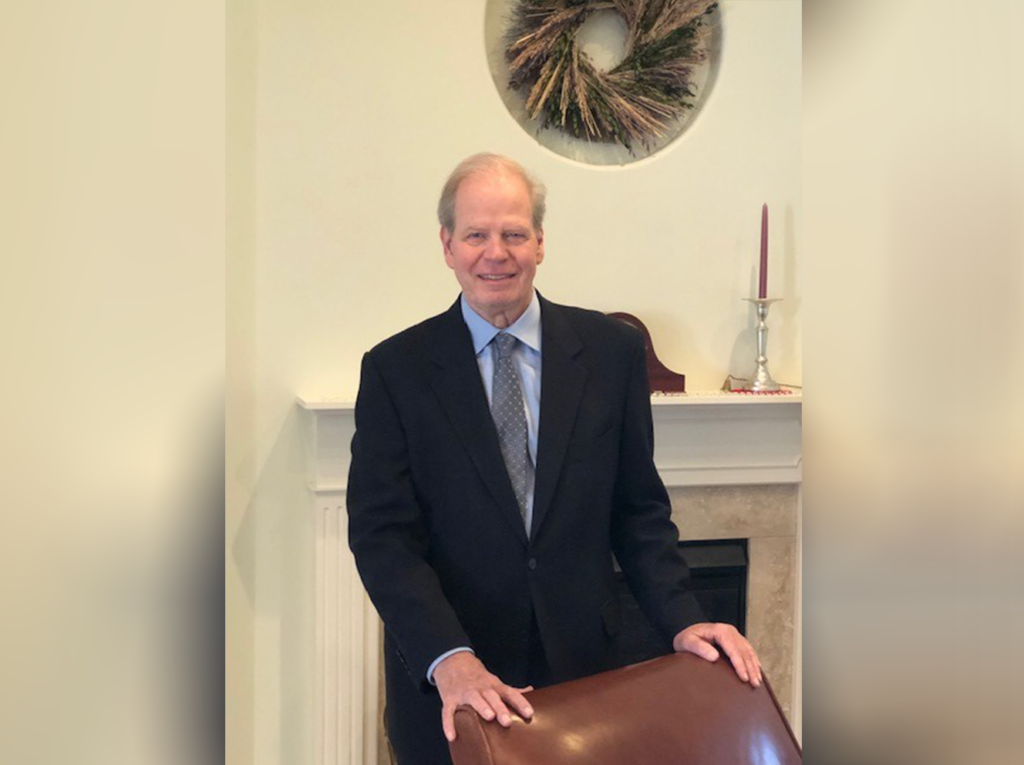When thinking about creating a bequest, there are often many questions that come to mind. Below are some of the most common questions about bequests that you can consider to help make the best choices for you and your family.
Do I need a will?
No, you are not required to have a will. However, if you don’t have one, you will forfeit the opportunity to say how your estate — everything you’ve accumulated during your lifetime — is distributed. Without a will, state law will control who receives what and how much from your estate, regardless of your wishes.
Do I have to use a lawyer?
No, but a lawyer can be a good investment to make certain that your wishes are clear and carried out as you intend. You can use online services to prepare your will, but it is your responsibility to make sure it is properly completed. Whether you choose to use a lawyer or do it yourself, it is important to have a valid will that clearly expresses your wishes.
Naming a beneficiary is the simplest way to make your charitable gift without hiring a lawyer or changing your will.
What are the different types of charitable bequests?
A bequest is a gift you name in your will or living trust. You can shape your charitable bequest to fit your unique circumstances. You may wish to give a specific amount of money or a specific item, or you can direct your gift to be made only after your other bequests have been paid. You can require that your charitable bequest will be contingent upon other events — for example, only if your spouse or other heirs die before you do. Finally, you can change your charitable bequest if your circumstances change.
What is a “living trust,” and do I need one?
With a living trust, you transfer ownership of your property and other assets to a trustee who pays income and principal to you. Usually, you serve as the initial trustee of your living trust and name a successor trustee who can manage the trust during your lifetime if needed. Providing a smooth transition in your affairs is a key benefit of a living trust. At the end of your life, your successor trustee can step in to manage your estate, often without involving extensive probate court proceedings, which can be costly and are usually a matter of public record. Living trusts do not reduce taxes nor do they eliminate the need for a will.
How does a “beneficiary designation” work?
Most financial accounts allow you to designate a beneficiary to receive the remaining amount in the account upon your death. Naming a beneficiary is the simplest way to make your charitable gift without hiring a lawyer or changing your will.
Do I have to rewrite my will to make a gift to Mass General?
Not necessarily. You may be able to modify your existing will with an amendment or “codicil.” A lawyer can help ensure that your codicil is legal and enforceable.
Can I restrict my bequest for a specific purpose?
Yes, but you should be certain that Mass General can use your bequest for the purpose you have in mind. The Planned Giving team would be happy to work with you to ensure that we understand what you intend and are able to fulfill your wishes.
Does Mass General need to see my will?
No one from Mass General needs to see your will. The Planned Giving team may ask you to share the section that describes your charitable bequest so that we are confident that we understand your intentions.
For information on how a bequest may benefit you and your family, download our complimentary Estate Planning Guide or contact the Office of Planned Giving at (617) 643-2220.







